Taking inclusion seriously can reap financial benefits, according to the British Film Institute’s [BFI] director of industry and international affairs, Neil Peplow, who spoke at Sarajevo Film Festival’s CineLink Industry Days.
“For us, this is an opportunity. This isn’t a burden, it’s a benefit. There are people from diverse backgrounds who are talented, who don’t think this is an industry for [them],” Peplow said. ”There are stories that we haven’t yet heard that actually hit a market that is financially viable.”
The panel was titled ’Thinking inclusion policy - funding and the industry shift’ and explored the approaches of film funders from across Europe towards national and regional diversity and inclusion measures.
The full panel is available to watch above. The talk was presented in partnership with FOCAL.
Peplow noted the need for a “major cultural shift, that policy isn’t going to be enough to address” with regards to creating safe working environments for all. Peplow referenced a returning TV series that was cancelled, just as it was about to turn a profit, because of a “#MeToo incident” in the show’s first series that wasn’t addressed. ”There is a commercial liability you’ll be carrying if we don’t make this cultural change.
“The other thing is you bring new people into the industry who come from a Generation Z background and they look at boomers shouting at each other on sets and behaving badly,” he added. ”They then go work for Google and work for organisations that have considered this, and we’ll lose talent.”
Joining Peplow on the panel was Nataša Bučar, managing director at Slovenian Film Centre, whose country has been taking “baby steps” when it comes to diversity and inclusion. In 2018, the Slovenian Film Centre did a study on the history of Slovenian filmmaking, highlighting concerns around female representation in the industry, and lack of female filmmakers receiving funding support.
“There is not a lot of history of inclusion debates [in Slovenia] in the fields of film and audiovisual. Our baby steps were really baby steps,” said Bučar. ”Our approach was soft. We did not put any quotas, we did not do any restrictive steps. It’s all about promoting and measuring. At the end of every year we publish in our yearly report the gender data.
“I strongly believe there is a lot of talent everywhere, but is there enough opportunity? And I think this is the main question of funders.”
Also on the panel was Kristina Börjeson, head of production for Sweden’s Film i Väst, Caterina Bolognese, head of gender equality for the Council of Europe and Fatih Abay, diversity and inclusion officer at the European Film Academy. Tamara Tatishvili, head of training for Medici, a company that provides vocational training to public film financiers, was moderating.











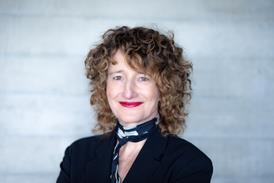



![[L-R]: Amanda Villavieja, Laia Casanovas, Yasmina Praderas](https://d1nslcd7m2225b.cloudfront.net/Pictures/274x183/6/4/1/1471641_pxl_20251224_103354743_618426_crop.jpg)




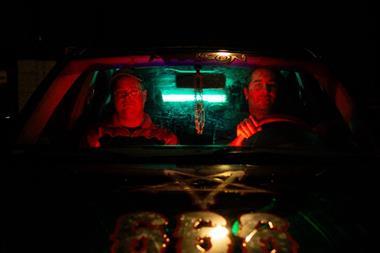
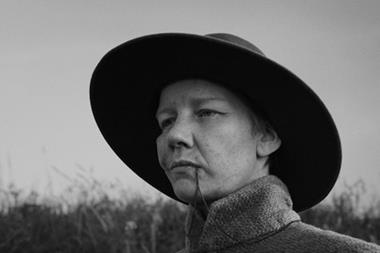
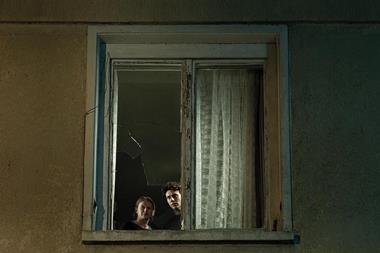
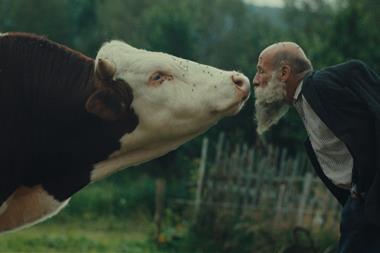
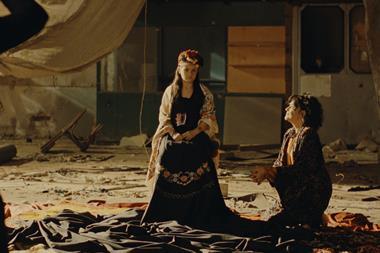
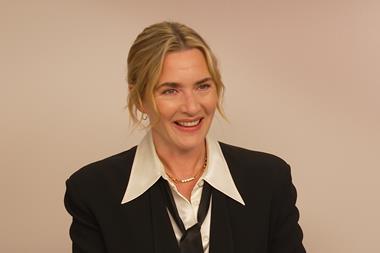
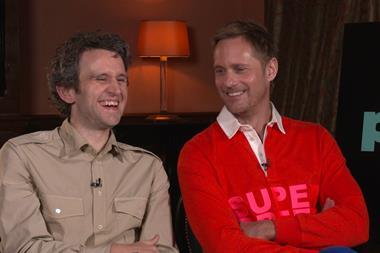






No comments yet